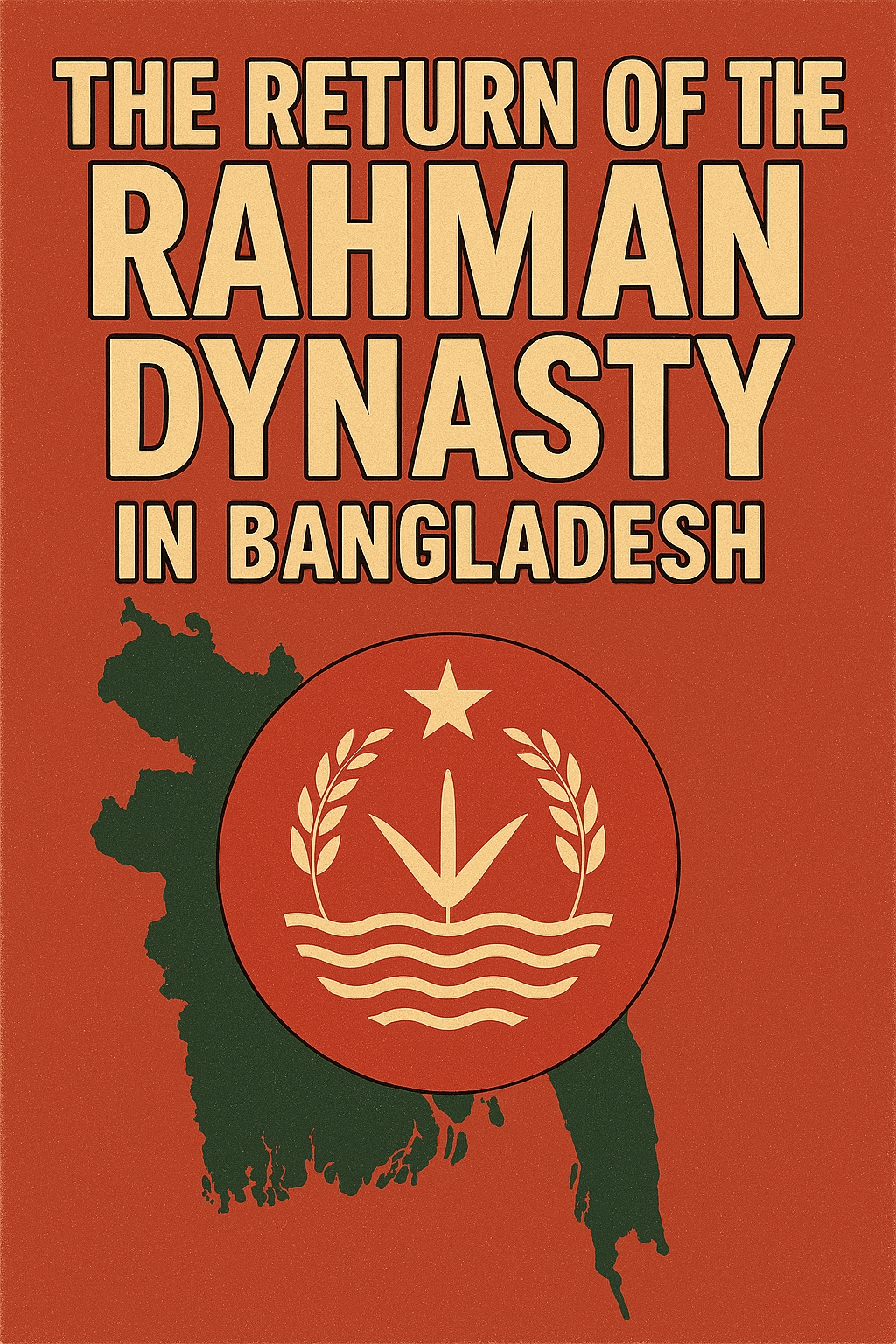Israel-Gaza War: Not Rishi Sunak, Humza Yousaf Voices Mulitifaith and Multicultural UK
By Shofi Ahmed
Scottish First Minister Humza Yousaf has garnered attention from both the British and international communities for his impartial stance on the ongoing Israel-Gaza conflict. Despite personal ties to the conflict and its effects on his family, Hamza has vocally advocated for a multifaith and multicultural society, expressing concern for the loss of innocent lives on both sides.

However, a notable contrast arises when examining the positions of Prime Minister Rishi Sunak, Home Secretary Suhella Baverman, and Conservative Party Chairman James Cleverly, all of whom possess ethnic backgrounds but appear to have taken more one-sided positions regarding the conflict.
It is worth acknowledging the complexities and nuances surrounding the positions of these political figures, as their perspectives may be influenced by various factors. Nevertheless, the contrast between Hamza’s impartiality and the seemingly less balanced positions of others with similar backgrounds raises questions about the representation of diverse voices within the UK’s leadership.
As the conflict continues to unfold, it becomes vital to foster open dialogue and encourage all leaders, regardless of background, to consider the diverse perspectives of their constituents. By doing so, they can demonstrate a commitment to a truly multicultural and inclusive society that prioritises the well-being and safety of all individuals affected by conflicts around the globe.
Hamza’s stance centres on understanding Israel’s urge for retaliation, while emphasising the severity of pain inflicted on innocent Palestinians in Gaza. With over 2.2 million people, the majority being women and children, trapped in dire circumstances, Hamza draws attention to the humanitarian crisis unfolding before our eyes.
The Scottish First Minister’s statement resonates with a significant portion of the population who believe that a multicultural society such as the UK should act as a platform for inclusive dialogue, empathy, and respect for diverse communities.
However, some observers have questioned the approach taken by Prime Minister Rishi Sunak, Home Secretary Suhella Baverman, and Conservative Party Chairman James Cleverly who didn’t even respond to Humza Yousaf’s letter for legitimate support. Critics argue that their apparent disregard for the plight of innocent civilians in Gaza runs counter to the values of a multicultural Britain.
While it is essential to note that political leaders might have their own reasons and considerations, calls for a more comprehensive understanding of the conflict have grown louder within the UK. Many argue that disregarding the suffering of innocent Palestinians undermines the UK’s reputation as a cultural and religiously diverse nation.
Moving forward, it becomes crucial for journalists and citizens alike to scrutinise the actions and policies of the UK government to ensure a balanced approach to conflicts around the world. Objective reporting and analysis will be key to holding leaders accountable and challenging any perceived biases.
In an era dominated by information manipulation, it is the duty of journalists to remain steadfast in their commitment to journalistic ethics, accuracy, and fairness. Rigorous fact-checking, thorough research, and a variety of sources will help facilitate a more comprehensive understanding of the complex issues at hand.
While politicians may sway public sentiment, journalists’ role as scrutineers and conveyors of truth is paramount. Through accurate reporting and thought-provoking analysis, the voices of diverse communities and marginalised groups can be elevated, contributing to a more inclusive and open debate within the UK and beyond.
As the Israel-Gaza conflict continues to unfold, the apparent contrast in approaches displayed by political figures has drawn attention to the importance of upholding the values of a multicultural society. The diverse population represented in the UK demands fair and inclusive representation, where the voices of all are heard and understood. Only by fostering empathetic dialogue, showing genuine concern for all affected parties, and striving for impartiality can leaders truly embody the ideals of a multicultural Britain – a nation that prides itself on championing diversity, justice, and peace.
Rishi Sunak is aware of the fact that we have British-Israelis, we have British-Palestenians, British-Arabs and British-Muslims. As the prime minister it’s up to him to play a vital role in raising awareness of the humanitarian crisis in Gaza and advocating for a fair and balanced approach to the conflict. By utilising his platform to amplify the voices of those impacted by the violence, he can bring attention to the plight of innocent civilians, particularly women and children, and call for international efforts to alleviate their suffering.
Rishi Sunak has the potential to better represent a multicultural and multifaith Britain. Through these actions, he can demonstrate that the UK stands firmly for inclusivity, compassion, and social justice, while fostering an environment where the voices of all communities are acknowledged and respected.
It is through such concerted efforts that political leaders can contribute to building a society that embodies the values of a multicultural Britain, one where diversity is celebrated, and the rights and well-being of all citizens are protected.





